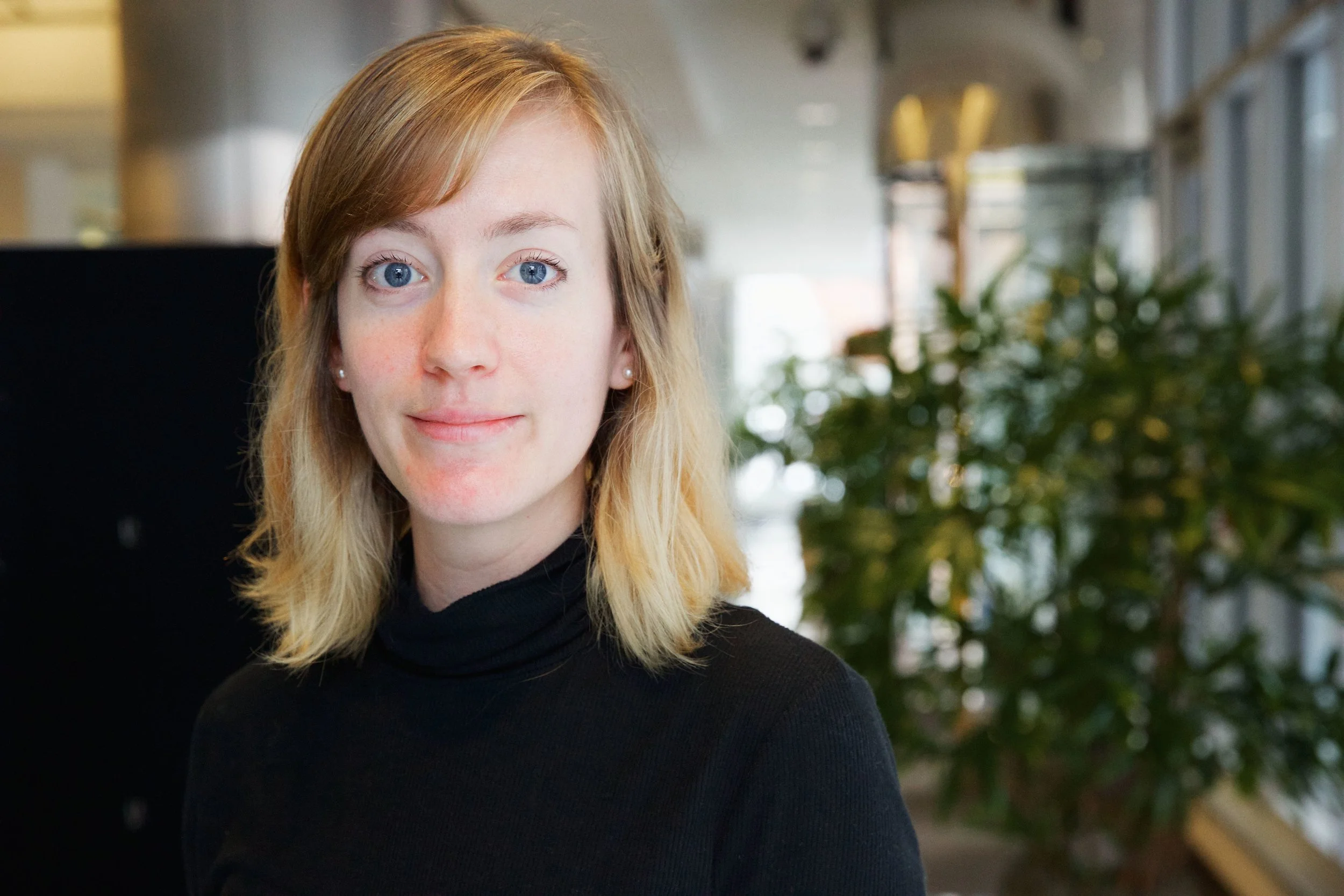Richmond Justice
STORIES + PORTRAITS
Denise | May 6, 2016
Denise Bavaro is a case manager for Virginia Supportive Housing, a provider of permanent homes and advocate for homeless individuals in Richmond and across the state. The organization recently received a grant from a New York-based nonprofit, the Center for Supportive Housing, to implement a strategy known as frequent user systems engagement, or FUSE. The FUSE grant will expand housing opportunities for homeless men and women who frequently come into contact with the criminal justice system so that they may shut this revolving door, and live safer, more stable lives.
We meet people where they are: our model is housing-first. Even if you’re battling addiction, mental health issues, or other medical matters, we’re going work with you. You don’t have to be clean or sober to get housing. We know that if we can get you a roof over your head, then other things in your life will start to change for the better.
I have spent most of my career working in child welfare and also with individuals who have HIV or AIDS. When I began working with Virginia Supportive Housing four years ago, it was the first time I focused solely on homelessness. The housing-first model took a little while to make sense to me. “Wait,” I said, “we’re giving people housing, even while they’re still using?” But then I studied the data showing that it costs far less to house someone than it does to incarcerate them, or to provide medical services due to illness and injury suffered by living on the streets. The proof is in the pudding. And then I spent time in the field and saw the impact of social programs with housing versus programs offered to people who remain homeless, and I understood even more deeply why housing is essential. My clients tell me about the things they’ve had to confront on the street, or acts they had to do just to survive. Homelessness is traumatizing. Nobody should have to go through it.
Homelessness is solvable in Richmond. But it’s difficult to fight. Every time we think we’re doing a great job, we get a phone call from a citizen saying, “Hey, there’s this encampment back here—did you know about this?” We visit that encampment and find more people. It will take the eyes and ears of the whole community to identify and end homelessness.
For individuals to be eligible for the FUSE program, they must meet standards of chronic homelessness, have a disability, and have been incarcerated twice within the last five years. They must have been on the streets for a year or more, or have four incidences of homelessness in the last three years. All of this requires documentation, and that’s one way we work with law enforcement. We can ask a police officer to reference his field interviews to note when he saw a particular individual living on the street, and then sign a statement to that effect. This can make an individual eligible for housing. We just have to make those extra phone calls.
“Housing is essential to breaking the cycle of incarceration and homelessness.”
There’s a lot of variety with homelessness in Richmond. I have an individual on my caseload who has been homeless for 20 years, and others who have been on the streets for substantially shorter periods of time. This is one reason why partnerships are important. Homeless people may come into contact with the Daily Planet, CARITAS, Homeward, HomeAgain, the Richmond Police Department, the Commonwealth's Attorneys, public defenders—and we have to be linked up with all of them to provide housing where it’s needed.
I have started to build these relationships in large part because of the state’s Interdiction Statute. It’s horrible. If an individual has been repeatedly cited by police for being drunk in public, that person may receive a civil interdiction charge. This means that any time the individual appears to be purchasing, possessing, or consuming alcohol, whether or not they are intoxicated, that person can be arrested. In the case of one of my clients charged under this law, he was struggling with severe cognitive delays. Not only that, even when he was sober, he walked like he was drunk due to the effects of a seizure disorder. This was enough to get him picked up by the police. He was represented by the public defender’s office, and I worked with them, the Commonwealth's Attorney's office, and the judge to get him supportive housing. He just couldn’t be on his own. We all had to work together to intervene and reach success.
Incarceration and homelessness is a vicious cycle. When you’re living on the streets, you’re trespassing. With the folks who have drug or alcohol problems, they’re at risk of getting arrested for possession, being drunk in public, or public urination. These are behaviors that go hand-in-hand with homelessness, but they’re criminalized. We have to educate people. We have to explain that once an individual with an alcohol addiction has housing, that person’s likelihood of being drunk every day goes down significantly. We can’t always solve the problem; sometimes we have to focus on harm reduction, decreasing by just a bit the amount that someone is drinking every day. But housing is essential to breaking the cycle of incarceration and homelessness.
The other day, one of my clients said, “Why do you do this? Why do you help us?” I asked him: “Well, who’s ‘us’? There is no ‘us’ and ‘them.’ Aren’t we all the same?” I could be an accident away from being in this situation. I had a woman on my caseload with a Master’s degree in Divinity. Mental illness creeped in during her mid-thirties, and she lost everything. Organizations have to pull together, and individuals have to pull together to give everyone the dignity and respect that they deserve.
—interviewed May 2, 2016











